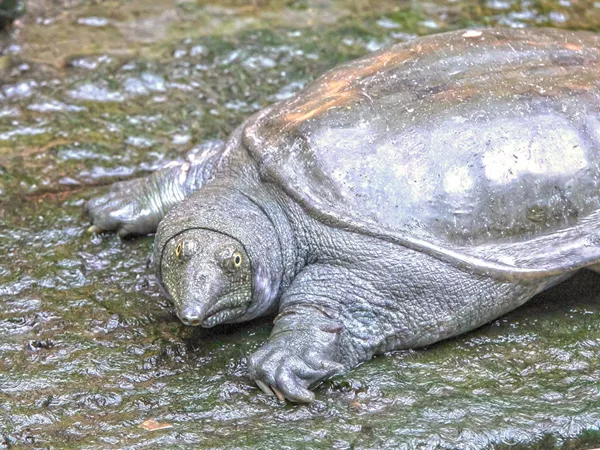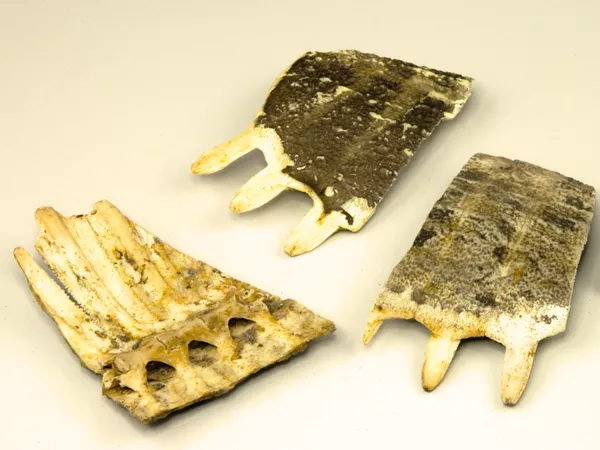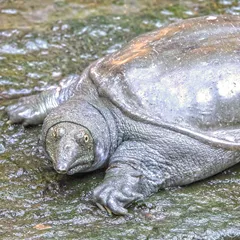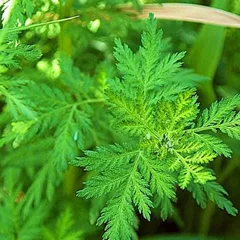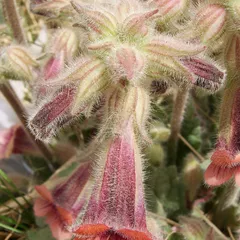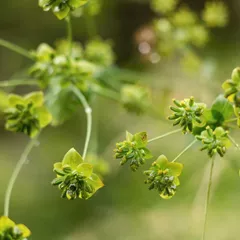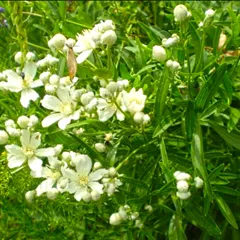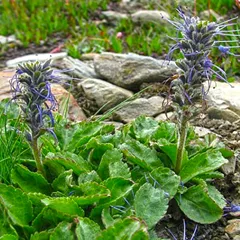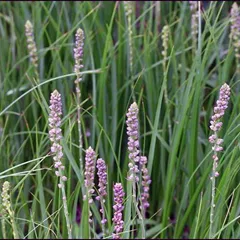Use of Bie Jia (softshell turtle shells) in TCM
Please note that you should never self-prescribe TCM ingredients. A TCM ingredient is almost never eaten on its own but as part of a formula containing several ingredients that act together. Please consult a professional TCM practitioner, they will be best able to guide you.
Preparation: Pound the carapace to pieces and decoct it first before use
Dosage: 9 - 30 grams
Main actions according to TCM*: Nourishes Yin and subdues exuberant Yang. Resolves hardness.
Primary conditions or symptoms for which Bie Jia may be prescribed by TCM doctors*: Night sweats Tidal fever Abdominal masses Amenorrhea Spasms Convulsions
Contraindications*: Not for use during pregnancy or diarrhea
Common TCM formulas in which Bie Jia is used*
Qing Hao Bie Jia Tang
Source date: 1798 AD
Number of ingredients: 5 herbs
Formula key actions: Nourishes the Yin. Clears Heat.
Conditions targeted*: Chronic pyelonephritisPulmonary tuberculosis and others
Bie Jia is a king ingredient in Qing Hao Bie Jia Tang. Like the name indicates, it means it has more power than other ingredients in the formula.
In Qing Hao Bie Jia Tang, Bie Jia directly enters the Yin to enrich it and reduce the fever from Deficiency. Unlike other more Yin-enriching herbs, this substance is able to enter the Collaterals and actively clear Heat from the deepest Yin aspect of the body.
Qin Jiao Bie Jia San
Source date: Yuan dynasty
Number of ingredients: 6 herbs
Formula key actions: Enriches the Yin. Nourishes the Blood. Clears Heat. Alleviates steaming bone disorder .
Conditions targeted*: TuberculosisFevers of unkonw origin and others
Bie Jia is a king ingredient in Qin Jiao Bie Jia San. Like the name indicates, it means it has more power than other ingredients in the formula.
In Qin Jiao Bie Jia San, Bie Jia clears Heat while enriching the Yin as well as dispels Wind while supporting the normal Qi.
It enters the collaterals and bones to nourish the Yin while focusing the action of Gentian root (qin jiao) on the Interior.
Qing Gu San
Source date: 1602 AD
Number of ingredients: 8 herbs
Formula key actions: Clears Heat from Deficiency. Alleviates steaming bone disorder.
Conditions targeted*: TuberculosisPostwound fevers and others
Bie Jia is an assistant ingredient in Qing Gu San. This means that it either serves to reinforces the effect of other ingredients or it moderates their toxicity.
In Qing Gu San, Bie Jia is salty and cold. It enriches the Yin , anchors the errant Yang, and conducts actions of the other herbs into Yin (deep) levels of body.
Key TCM concepts behind Bie Jia's properties
In Traditional Chinese Medicine (TCM), Bie Jia belongs to the 'Tonic herbs for Yin Deficiency' category. Tonic herbs are used for patterns of Deficiency, when one lacks one of the 'Four Treasures' (Qi, Blood, Yin and Yang). Yin tonics have a heavy, moist nature. They either nourish the Kidneys and Liver or moisten the Lungs and Stomach. Extreme Yin Deficiency often translates into a 'burn-out', unfortunately more and more common among people today. It is worth mentioning that another great remedy against Yin Deficiency is a lot of rest and sleep; no herb will ever be able to replace this!
Furthermore Bie Jia is Neutral in nature. This means that Bie Jia typically doesn't affect the balance in your body. Balance between Yin and Yang is a key health concept in TCM. Eating too many "Hot" (Yang) ingredients can lead to an imbalance whereby one has a Yang Excess. The inverse is true as well: too many "Cold" (Yin) ingredients can lead to a Yin Excess. The Neutral nature of Bie Jia means that you don't have to worry about that!
Bie Jia also tastes Salty. The so-called 'Five Phases' theory in Chinese Medicine states that the taste of TCM ingredients is a key determinant of their action in the body. Salty ingredients like Bie Jia tends to have a draining effect in the body because they clear accumulations, remove Phlegm and soften hard lumps.
The tastes of ingredients in TCM also determine what Organs and Meridians they target. As such Bie Jia is thought to target the Kidney and the Liver. According to TCM, the Kidneys do not only regulate the urinary system but also play a key role in the reproductive system and the growth and aging process of the body. The Liver on the other hand is often referred as the body's "general" because it is in charge of regulating the movements of Qi and the Body Fluids. It also takes a leading role in balancing our emotions.

